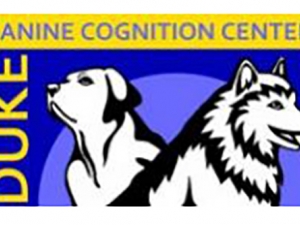The Department of Evolutionary Anthropology offers Ph.D. students diverse training opportunities for the study of primate behavior, ecology, genetics, morphology, phylogenetics, and evolution.
Highlights
- Research strengths in primate behavior and ecology, early primate and hominin paleontology, primate cognition and human cognitive evolution, functional morphology and biomechanics, systematics and comparative methods, and evolutionary medicine.
- Field research opportunities in Africa and Madagascar; North, South and Central America; and Asia and Indonesia.
- Access to the Duke Lemur Center, housing the world's largest collection of captive, free-ranging prosimian primates; ongoing research into lemur social behavior, ecology, reproductive physiology, energetics, thermoregulation, and locomotor kinematics.
- Access to extensive collections of fossils and casts for the study of primate and human evolution.
- Access to the Jane Goodall Institute Research Center, which contains comprehensive data, collected over 50 years, on the life histories of more than 200 chimpanzees from Gombe National Park, Tanzania.
- Access to cutting-edge imaging technology, including a high resolution micro-CT scanner, scanning electron microscopes, imaging software, and 3D printers, through Duke’s Shared Materials Instrumentation Facility. In addition, the department hosts MorphoSource, a digital archive for morphological data on fossil and extant specimens.
- Diverse departmental facilities provide opportunities for research on genetics and genomics, physiology, functional morphology, comparative anatomy and embryology, and morphometrics of primates and other animals, and even the cognitive psychology of dogs!
- Opportunity to both study and teach human medical gross anatomy through the Duke University School of Medicine
Our Program
Our doctoral program provides students with foundational course work and guides them through the development of a dissertation project. The program is designed to be completed in five years, and our students are fully funded (tuition, fees, health insurance, and stipend) by the Graduate School for that interval. Features of the program include:
- A two-semester tutorial, taught by the entire faculty of the department, that covers major intellectual issues in the field of Evolutionary Anthropology.
- Coursework designed to develop academic competence in the core knowledge areas and research skills of the discipline.
- Service as a teaching assistant in lecture and laboratory classes to promote the development of effective teaching skills.
- Structured writing and presentation experiences designed to improve scientific writing and oral presentation skills. We encourage informal presentations to the department community in an atmosphere that promotes the exchange of useful feedback on both the student’s research and presentation.












